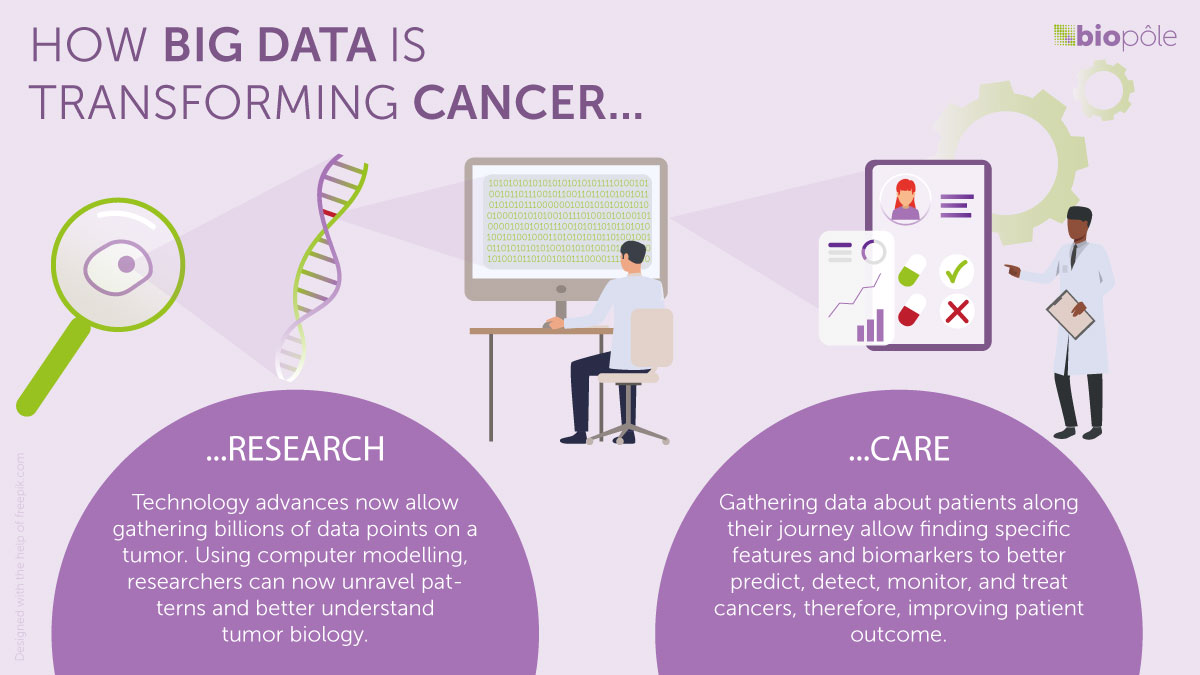Recent advances in single-cell sequencing technology have revolutionised the field of cancer immunology. Dr Santiago Carmona explains the challenges of interpreting big data and why the key to making progress lies in collaboration.
Our bodies are made out of tissue, and this tissue is composed of hundreds of different cell types. Tumours can emerge from the deregulation of any cell type in any tissue. Until recently, technologies allowed us to analyse tumours as a whole, but the results were ‘averaged out’ across cells without distinguishing between the different types. It’s only in the last decade, thanks to huge strides in single-cell technologies, that we’ve been able to look at each cell individually.
This is revolutionary for cancer immunology. In a tumour, for example, we can identify each cell population – not just cancer cells, but also immune cells. And we can dive deep into each cell population, so if immune cells aren’t killing tumour cells, we can try to figure out why by looking at the activity of their genes.
In our lab at the Lausanne Branch of the Ludwig Institute for Cancer Research, we’re trying to understand how the immune system responds to cancer by developing computational methods and creating databases to interpret single-cell sequencing data. We call these ‘reference atlases’ as they’re like detailed maps of immune cell profiles. The aim of these ‘atlases’ is to help researchers interpret their data by comparing cells they’ve found in their own research with pooled data from other experiments. By getting a clear picture of a tumour’s immune composition, we can better understand how tumours evade the immune response in each patient and find ways to prevent this from happening.

